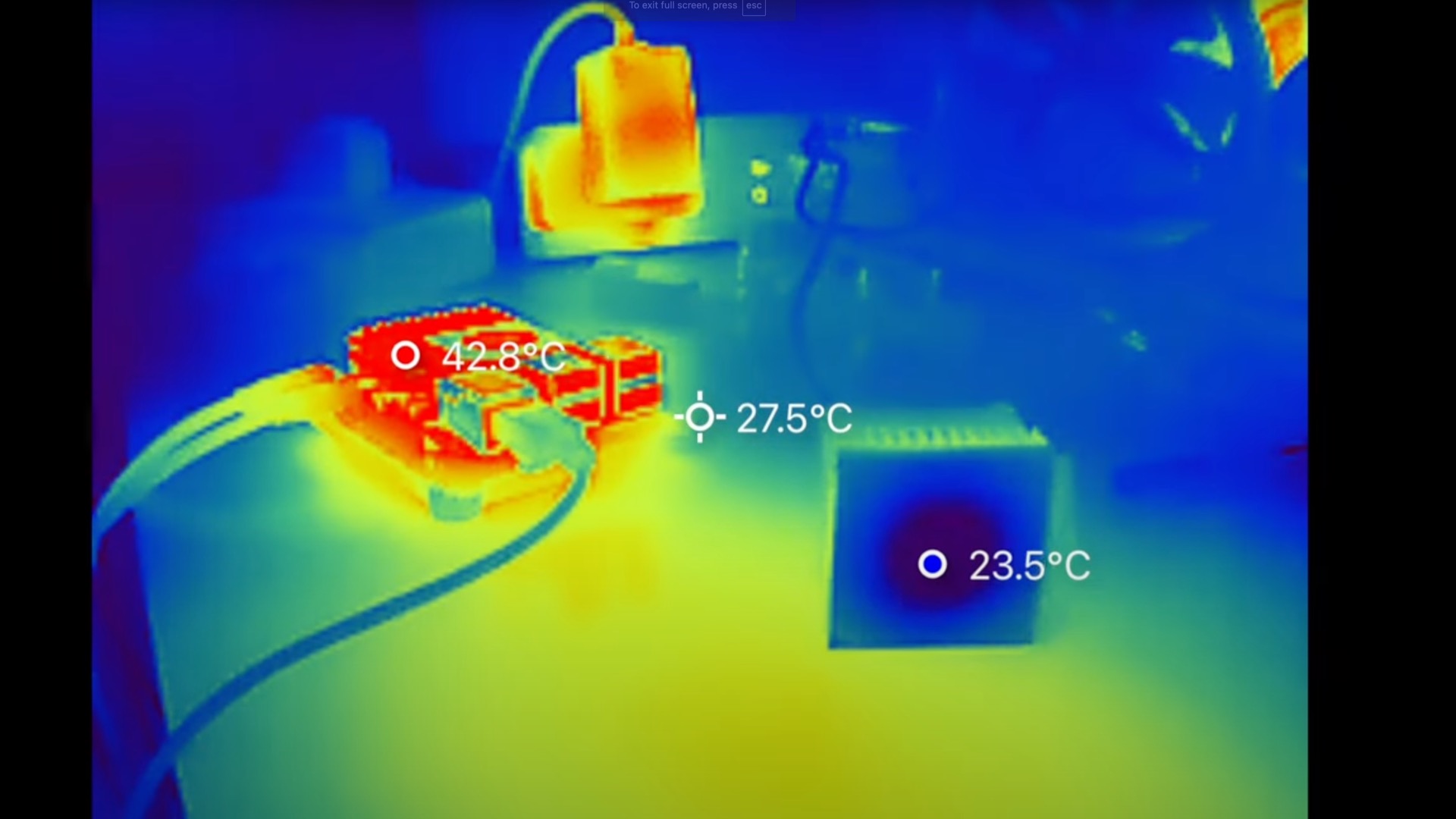
One Raspberry Pi enthusiast has been working to take the world record for Geekbench 6 on a Raspberry Pi 5. The goal was to see how fast he could overclock the Raspberry Pi 5’s CPU and complete Geekbench 6 benchmarking. He succeeded through firmware changes, Peltier cooling methods, and blind luck.
Jeff Geerling claims not to be an expert in overclocking, but he may have been the first person ever to push a Raspberry Pi 5 above 3 GHz. On Pi Day in 2024, he took a Raspberry Pi 5 to 3.14 GHz. Getting the tiny CPU to go any faster wasn’t possible at the time because of a voltage limit in the Raspberry Pi firmware.
Since then, new firmware and NUMA emulation patches have unlocked higher frequencies, so Geerling gave it another shot. He detailed his efforts on YouTube, along with warnings that his actions voided the Raspberry Pi’s warranty and also involved getting lucky in the silicon lottery.
Geerling describes the silicon lottery as receiving a perfect golden sample from the wafer die. When silicon wafers are produced, they have hundreds of chips on them, and many have tiny imperfections. When these imperfections are detected, we end up with things like down-binned GPUs.
Geerling identified a golden sample Raspberry Pi 5 in his collection and used it for his testing. Thanks to that amazing luck in the silicon lottery and using custom code to set voltage higher than recommended on the Raspberry Pi 5, the enthusiast could push his tiny little computer to clock speeds of 3.4 GHz.
Through his efforts, Geerling could not only push the Pi’s clock speed higher than ever, but he also achieved decently respectable Geekbench 6 scores. The single-core score in his test reached 1121, while the Raspberry Pi 5 hit a multicore score of 2219. These are not exactly AMD Ryzen 5 7600 scores, but they are still respectable for a computer not much bigger than a deck of playing cards.







